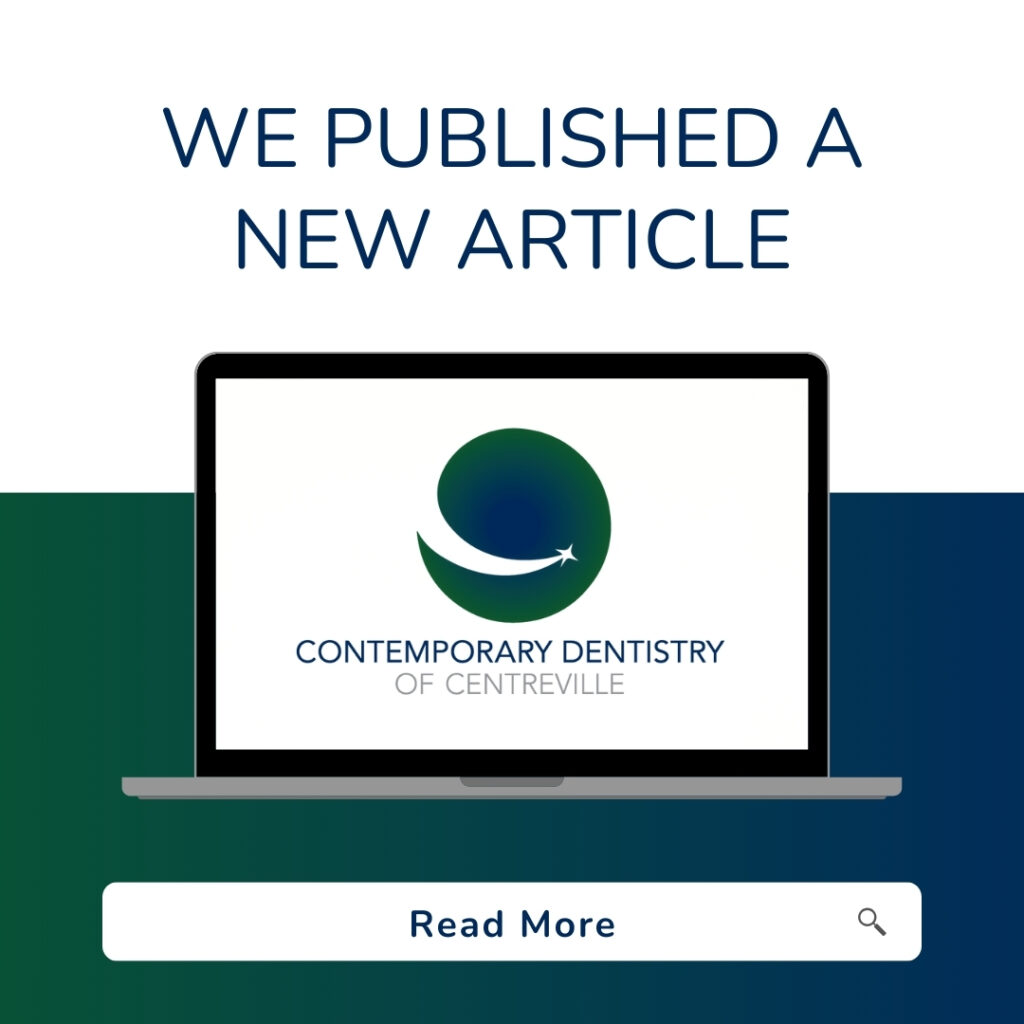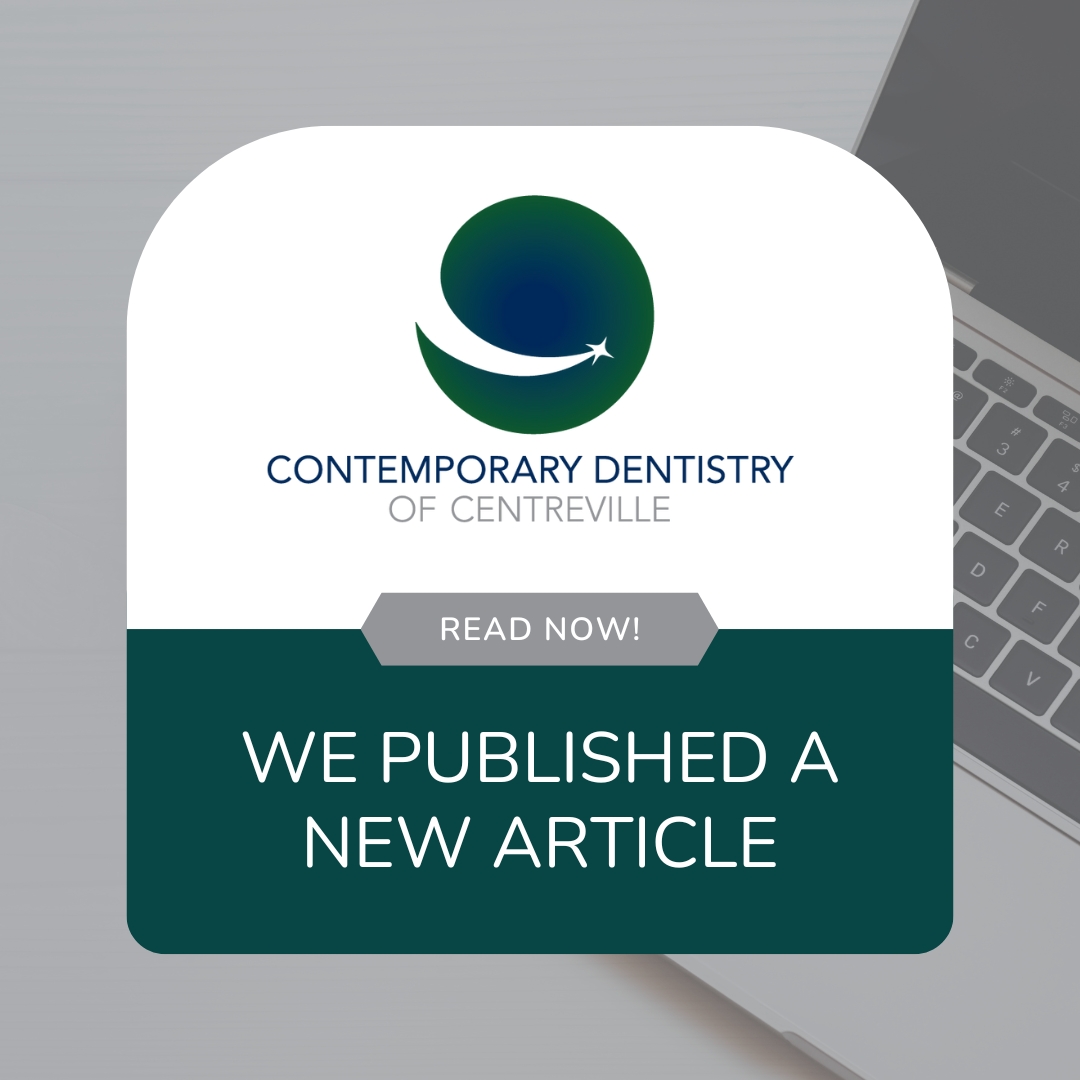
From early childhood, the importance of maintaining good oral hygiene, including brushing twice a day, is instilled in us. But does this routine impact more than just our smiles? The correlation between oral health and neurological well-being has been the subject of numerous studies, yet unveiling the truth remains a complex endeavor. Despite challenges in deciphering the precise link, emerging evidence suggests a compelling association between poor oral health and compromised brain function.
Beyond the confines of the mouth, the repercussions of neglected oral hygiene extend to cardiovascular health. Men, in particular, face heightened risks of cardiovascular diseases as oral bacteria infiltrate the bloodstream, potentially leading to arterial hardening and life-threatening conditions like heart attacks or strokes. Moreover, contaminated air from oral bacteria poses risks to lung health, highlighting the systemic impact of poor oral hygiene.
Diving into the intricate interplay between oral health and cognitive function, research suggests a potential connection between poor oral health and dementia. Bacteria associated with gingivitis could potentially breach the blood-brain barrier, contributing to cognitive decline. A recent study by Rutgers University delved into this nexus, revealing profound insights into the relationship between oral health and memory. Furthermore, oral health has been implicated in influencing complex attention and learning, underscoring its far-reaching implications.
Additionally, stress, often exacerbated by poor oral health, manifests in various ways, including dry mouth, which further underscores the importance of comprehensive dental care, especially for the elderly. Neglecting oral hygiene may exacerbate cognitive impairments, leading to episodic memory loss or, in severe cases, dementia.
So, how can one intervene in this intricate relationship between oral health and neurological well-being? It begins with a reassessment of oral hygiene practices, ensuring consistent brushing with fluoride toothpaste, daily flossing, and the use of mouthwashes to combat bacterial proliferation. Regular dental visits, at least biannually, are imperative for professional cleaning and examination to intercept potential issues before they escalate.
At Contemporary Dentistry in Centreville, we’re dedicated to safeguarding not just your smile but your overall well-being. Our team stands ready to guide you on the path to optimal dental wellness. Contact us today to schedule an appointment and embark on a journey towards holistic oral and neurological health.

















